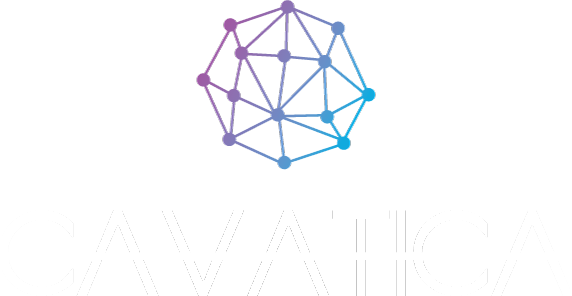Note: An eRA Commons account is required to access controlled studies
Getting Started is as Easy as 1-2-3
SUPPORTED KIDS FIRST DISCOVERY PLATFORMS & TOOLS
Robust Tools for Rare Disease Research
Use the Kids First Portal for searching and exploration, CAVATICA by Velsera for bioinformatic analysis, and PedcBioPortal for cancer-focused somatic discoveries.
Data Ecosystem
The Kids First data ecosystem is a comprehensive set of cloud-based platforms where researchers converge to access robust data, tools, and resources pertaining to pediatric health. This collaborative environment empowers researchers and clinicians to collectively explore and analyze diverse studies, leveraging a wide range of opportunities for discovery. Tools and resources housed within this ecosystem foster accelerated advancements in pediatric healthcare for improved patient outcomes.
Kids First Data Portal
A centralized repository for children’s health data, this data portal streamlines research efforts by providing easy access to diverse childhood cancer and rare disease studies.
PedcBioPortal
A navigational tool housing clinical data sourced from patient medical visits, PedcBioPortal guides researchers and clinicians toward optimal treatment avenues to enhance the exploration of innovative therapies.
Kids First Affiliates
INCLUDE Data Coordinating Center (DCC)
The INCLUDE DCC’s mission is to provide data access and tools to improve the health and quality of life for people with Down Syndrome (DS) as part of the NIH INCLUDE (INvestigation of Co-occurring conditions across the Lifespan to Understand Down syndromE) project. The INCLUDE DCC provides extensive data related to Down syndrome across the lifespan, accelerating discovery. INCLUDE and Kids First have partnered to generate genomic data for DS pediatric cohorts. Ensuring accessibility of this data across platforms has been a key driver for a number of interoperability efforts, increasing data access for both the Kids First and INCLUDE communities. For more information about the INCLUDE DCC, click here.
The Common Fund Data Ecosystem (CFDE)
The NIH CDFE aims to enable the broad use of Common Fund data to accelerate discovery. Common Fund programs generate a wide range of diverse and valuable data sets and knowledge designed to be used by the research community. Kids First DRC participates as a Common Fund DCC contributing to the ecosystem through data interoperability and direct partnerships with other DCCs to enhance the utility of data to researchers. For more information about the CFDE, click here.
The NIH Cloud Platform Interoperability Effort (NCPI)
NCPI is an effort to create a federated genomic data ecosystem by focusing on interoperability to enable researchers to more readily utilize data across multiple platforms. Kids First DRC is a founding member of NCPI and through these efforts makes our data available via GA4GH DRS and HL7 FHIR based standards. For more information about NCPI, click here.
The Childhood Cancer Data (CCDI) Initiative
CCDI is a NCI effort to foster a community around childhood cancer care and research data by increased data sharing. Kids First DRC participates as part of the CCDI Federation to provide better APIs across the federation members which currently include St Jude Cloud, Treehouse and the Pediatric Cancer Data Commons to make childhood cancer data more accessible to researchers. CCDI has also partnered with Kids First to support expanded genomic data generation for cancer cohorts. For more information about CCDI, click here.
The Clinical Proteomic Tumor Analysis Consortium (CPTAC)
CPTAC conducts large-scale proteomic analyses of tumor samples to advance our understanding of cancer biology and improve cancer diagnosis and treatment. By characterizing the proteomic landscape of different cancer types, CPTAC aims to identify biomarkers for early detection, prognosis, and response to therapy, ultimately leading to personalized cancer care. Kids First has partnered with CPTAC to begin generation of proteomics data paired with existing genomic sequencing. The first study on pediatric brain tumors is available via the Proteomics Data Commons, with additional data expected. For more information about CPTAC, click here.
Researcher Auth Service Initiative (RAS)
RAS is a NIH-wide effort to facilitate access to NIH data in a consistent, secure and user-friendly manner. The Kids First DRC is undergoing efforts to fully integrate with RAS to provide access across all associated tools including the portal, CAVATICA and to controlled access data. These efforts provide foundational work for the wider set of interoperability initiatives Kids First is involved in. For more information about RAS, click here.









